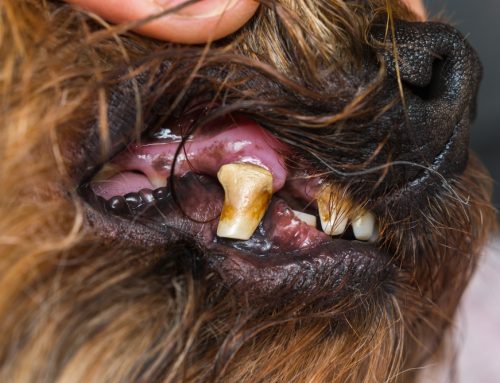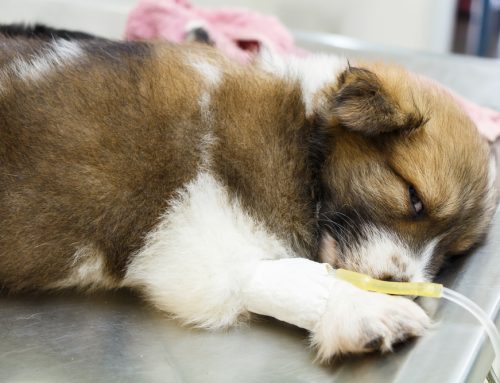The SPLEEN is an oblong organ just below the stomach. While pets can live perfectly well without a spleen, the spleen does provide some helpful services to the body. The spleen contains long narrow blood vessels that are full of hair-pin turns through which circulating red blood cells must go. This means that there are a lot of blood cells working their way gradually through the spleen at any given time, effectively making the spleen a storage area for blood. If a pet has a severe hemorrhage & needs extra blood, the involuntary muscles of the spleen contract, squirting forth a fresh supply of blood.
Most spleens are removed because they have grown a tumor. Tumors can be benign or malignant. In dogs, most splenic masses are either hemangiomas or hemangiosarcomas while in cats they are usually mast cell tumors or lymphosarcomas.
If the splenic tumor is benign, removing the spleen is curative provided that the pet has not lost too much blood to survive the surgery. Ideally, the mass is detected before it has ever bled & the spleen is removed at a time when the mass is not actively bleeding. Of course, if the splenic mass is actively blood, removing it becomes an emergency surgery. Expect blood transfusions to be necessary before, during, & possibly after surgery.
If the splenic tumor is a malignant hemangiosarcoma, the spleen can still be removed to control bleeding but the problem is that hemangiosarcoma is an aggressive cancer & will spread to other areas in the body. Since the decision to go to surgery often hinges on whether or not the tumor has already spread, effort should be made to make this determination prior to moving forward with surgery. Chest X-rays & abdominal ultrasound look for evidence of tumor spread.
If there is evidence of tumor spread, the tumor is likely malignant & the best control entails removing the spleen & following up with an oncologist & chemotherapy.
If there is no evidence of tumor spread, it may be possible to obtain a cure by removing the spleen, although lack of visible tumor spread does not mean the tumor is benign. A piece of spleen tissue for biopsy is always needed for a definitive diagnosis.






Leave A Comment